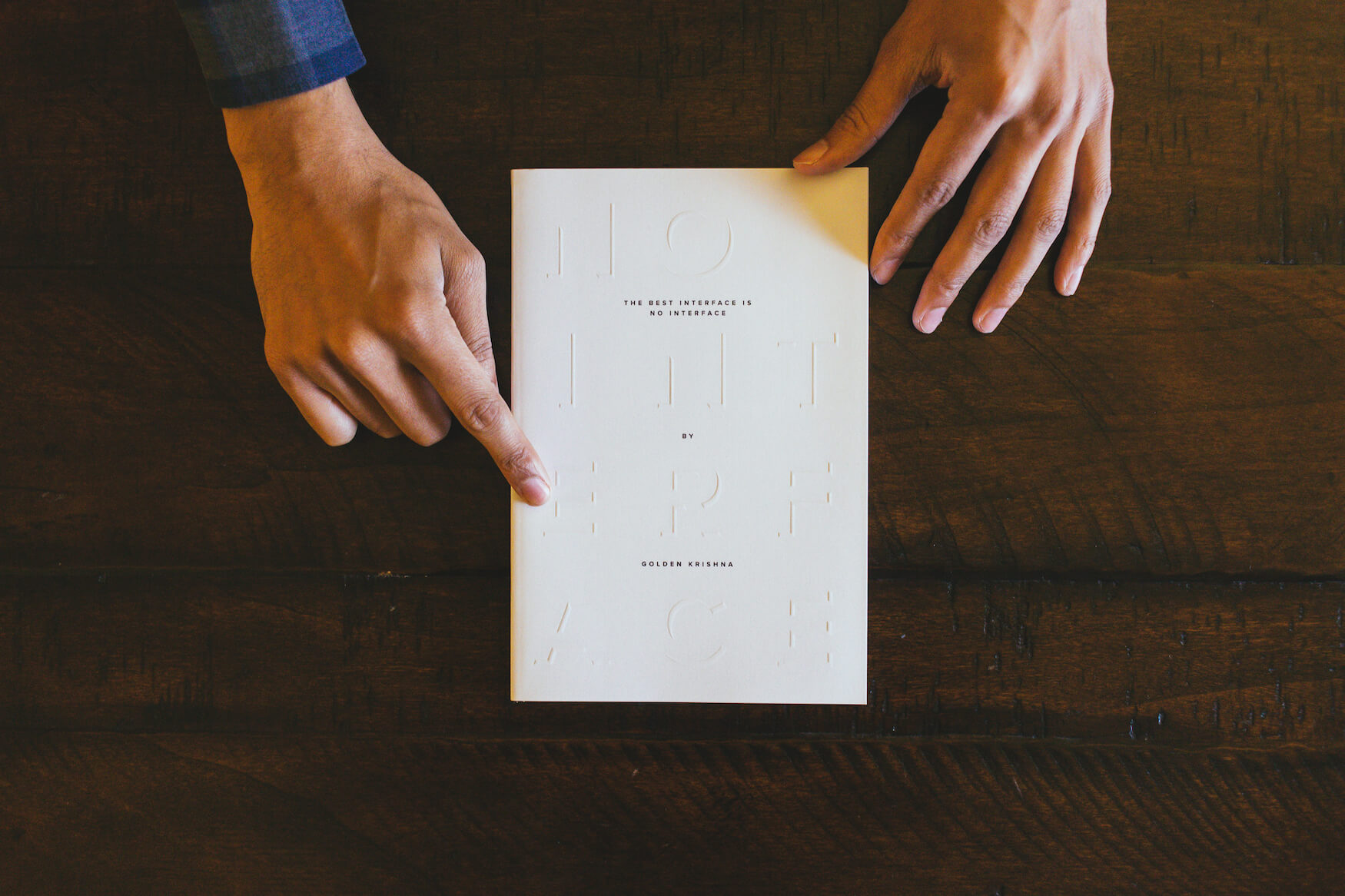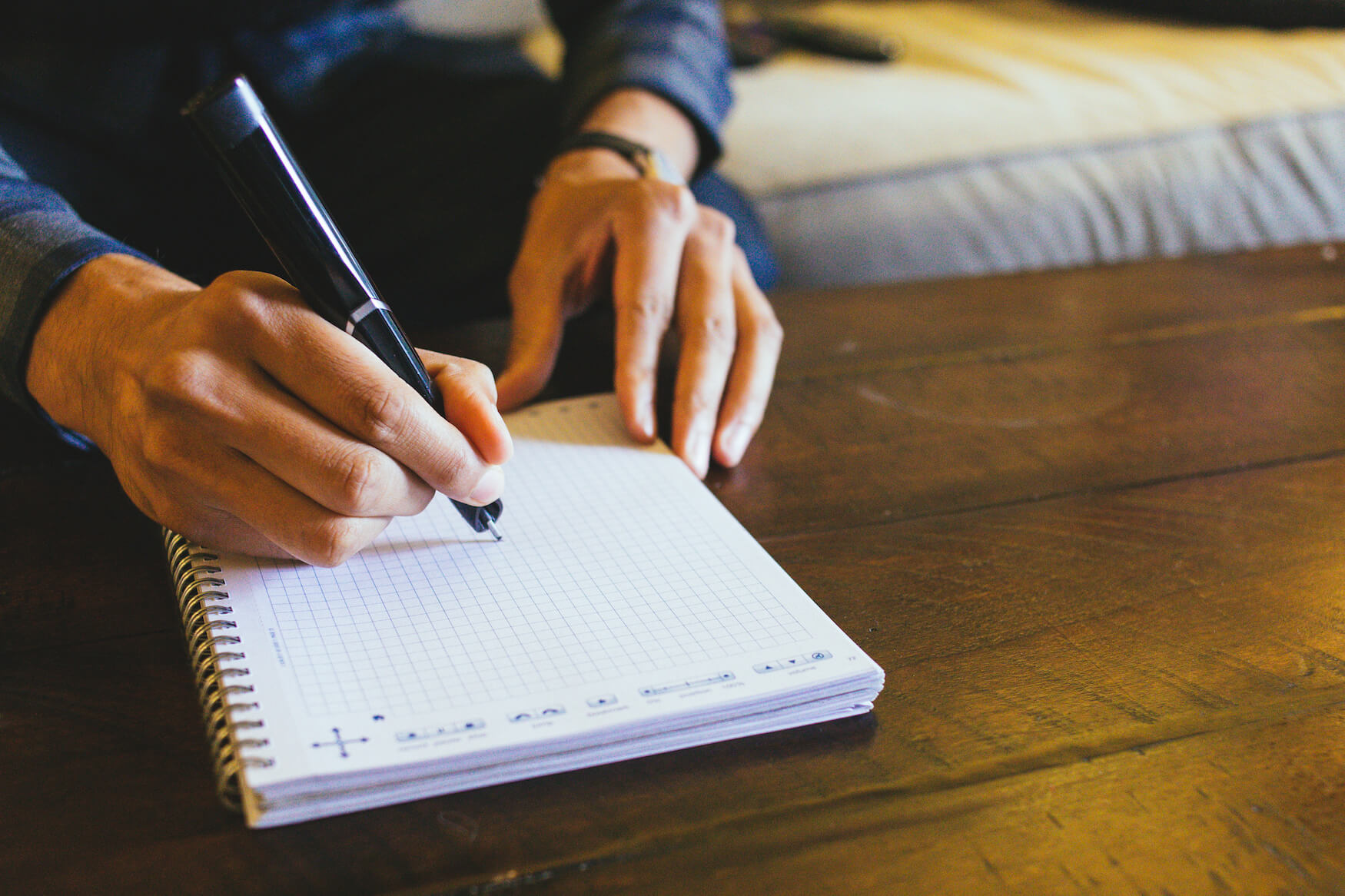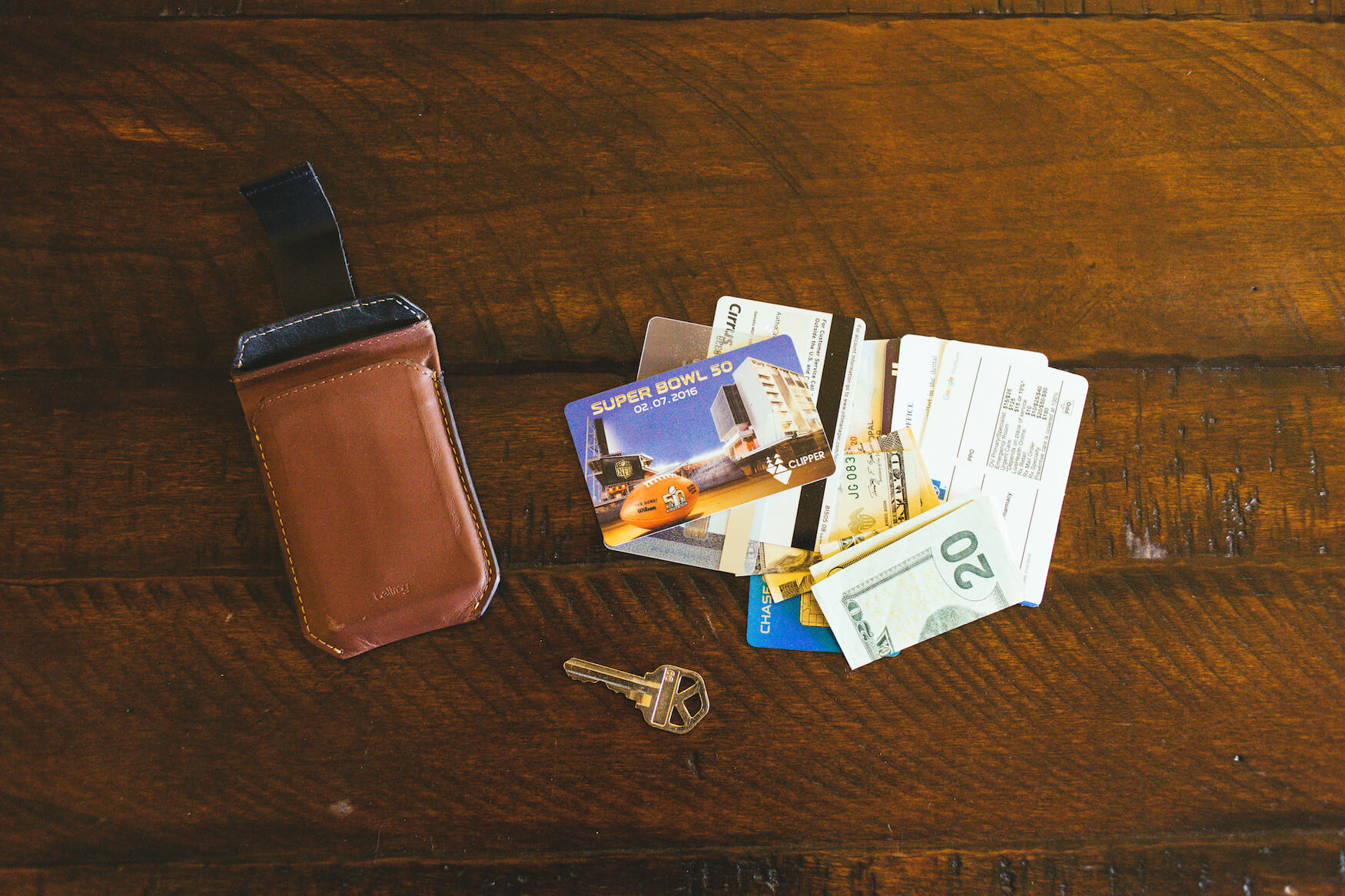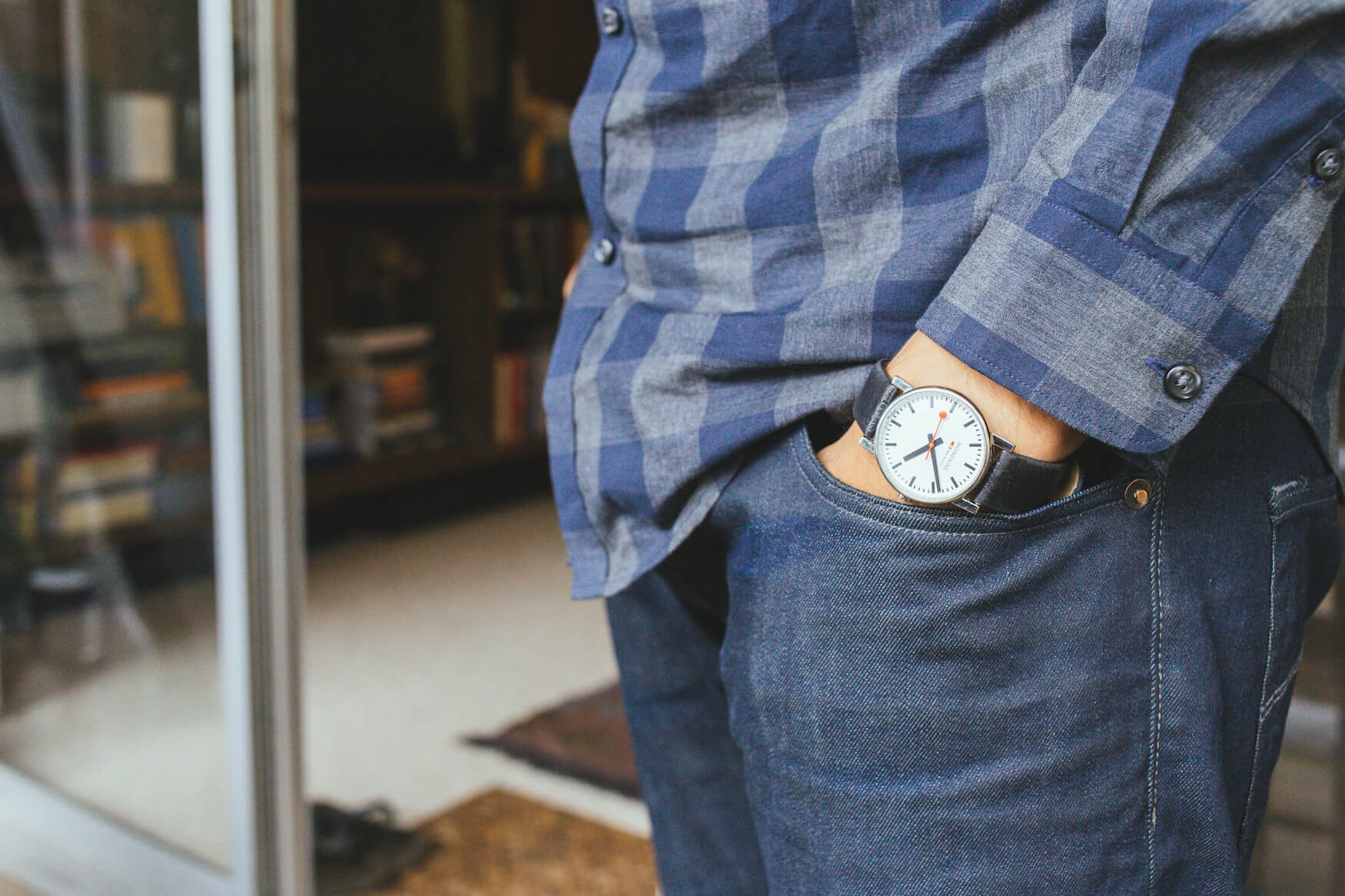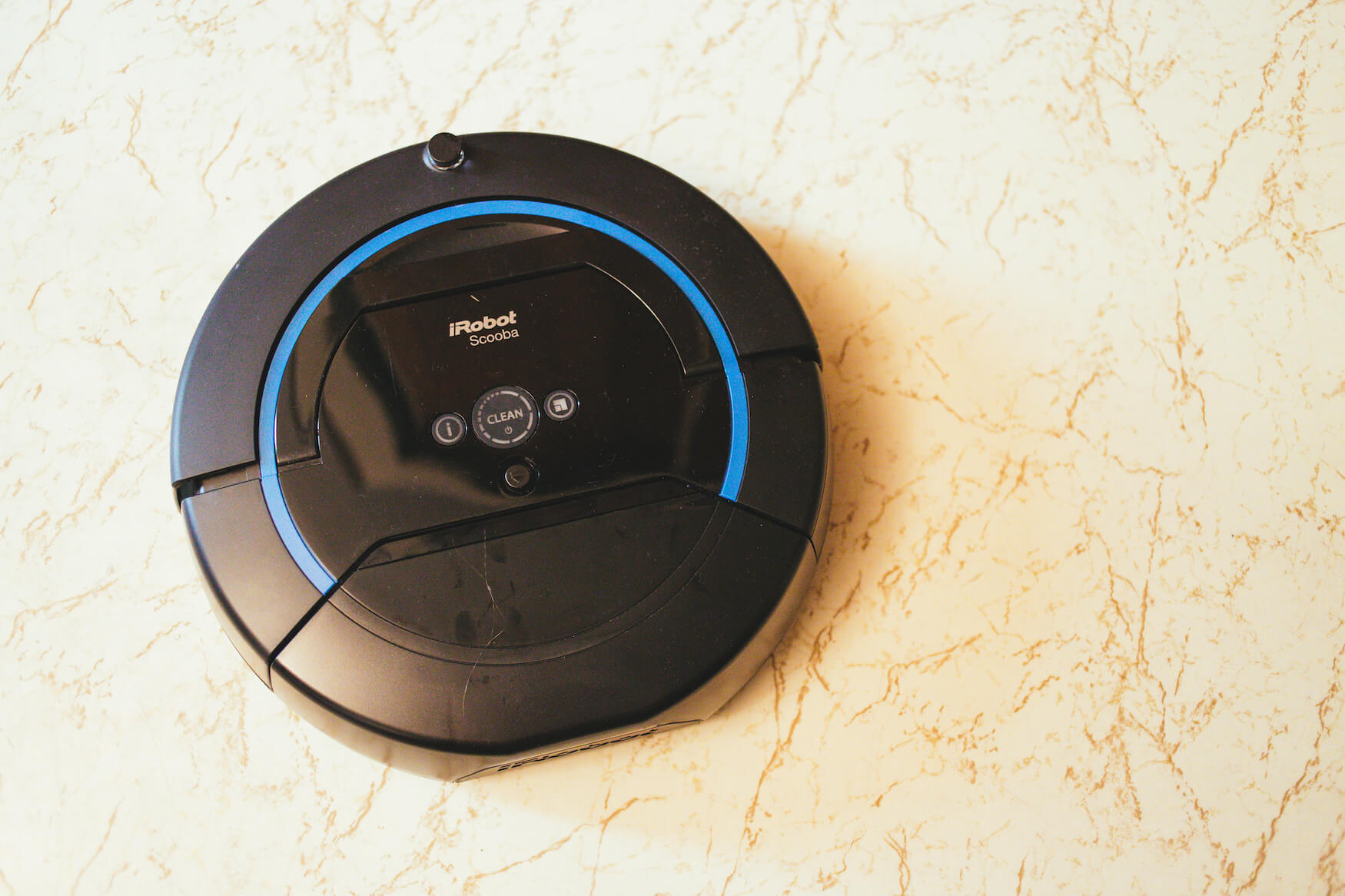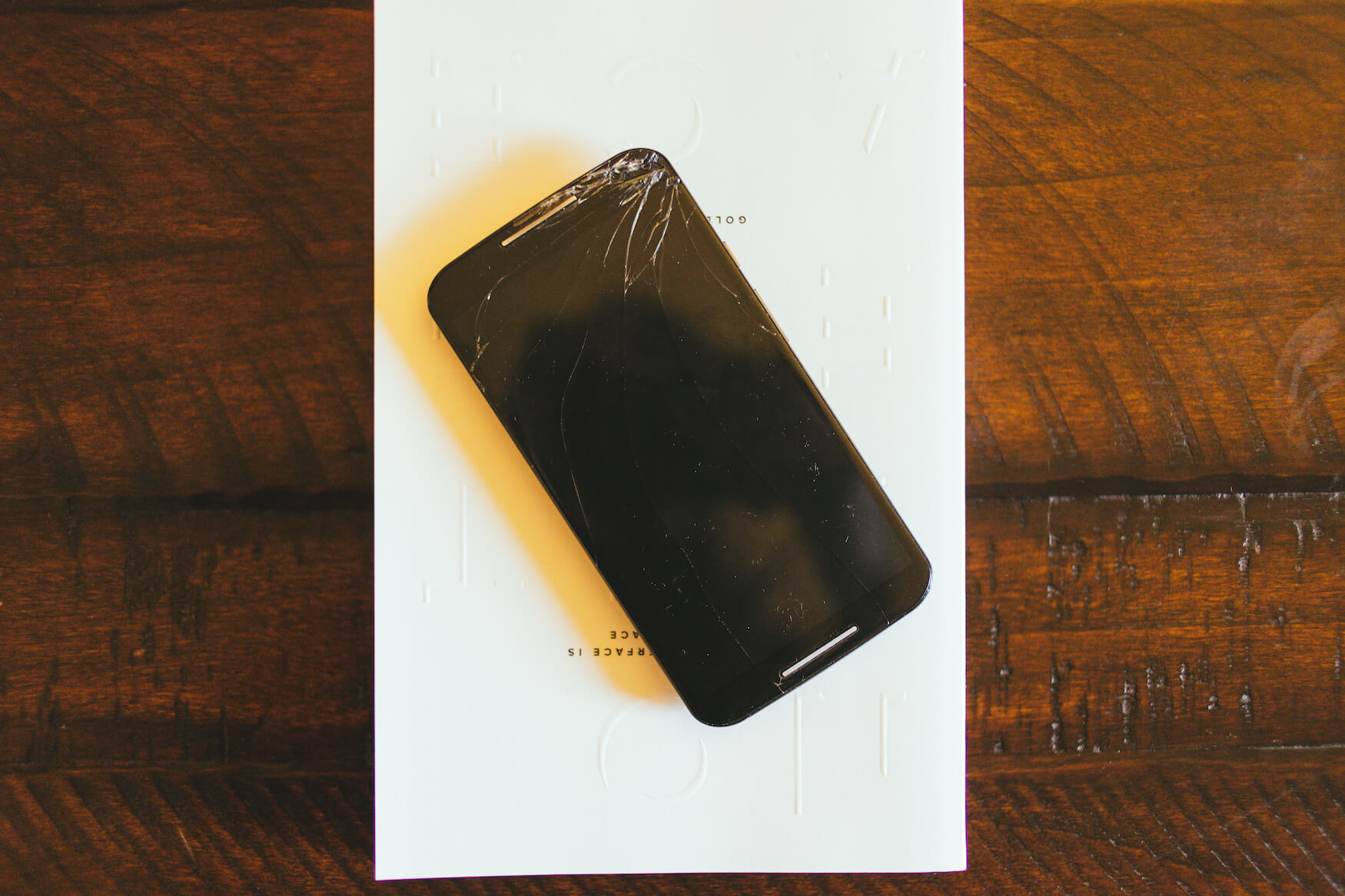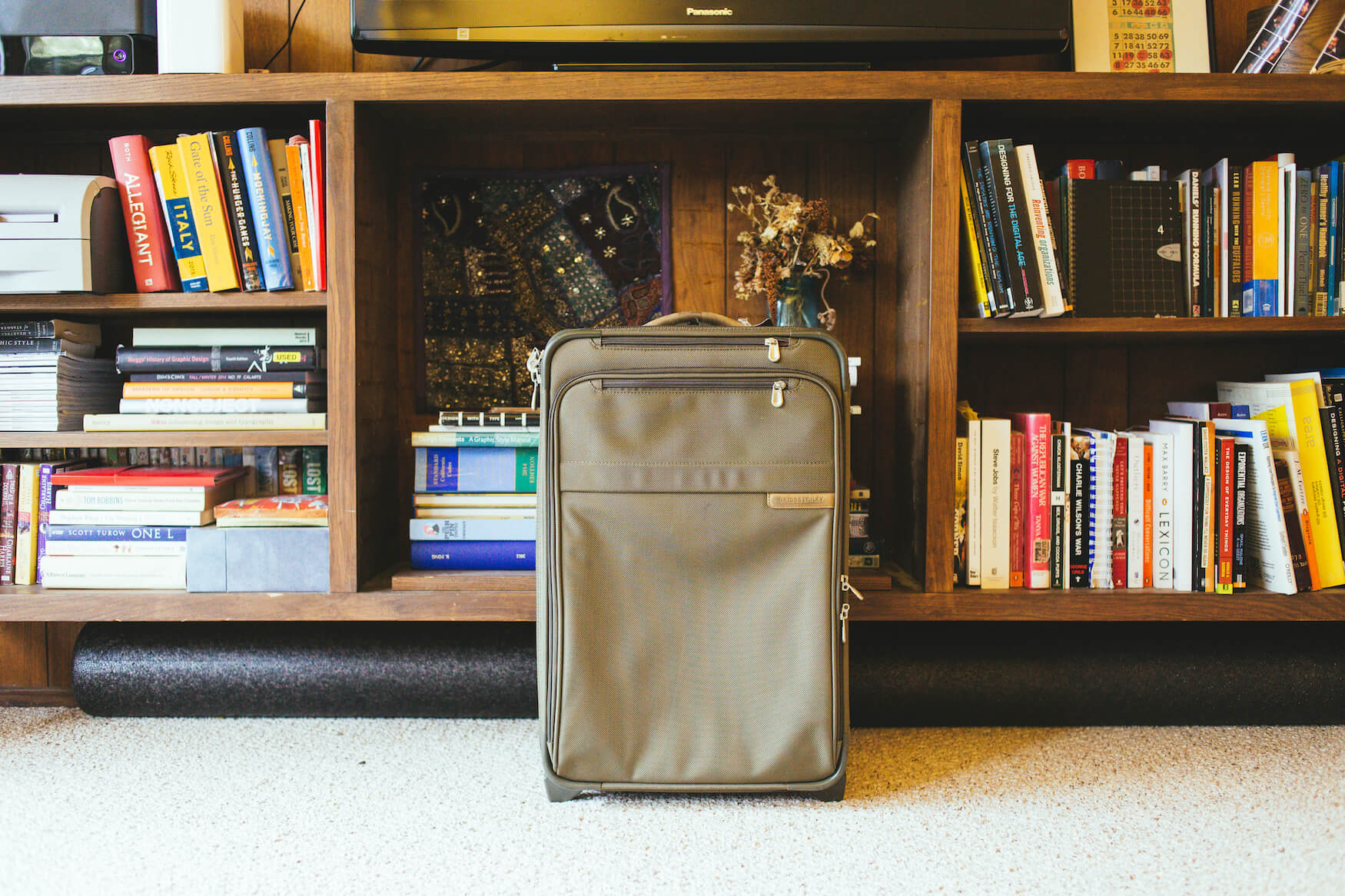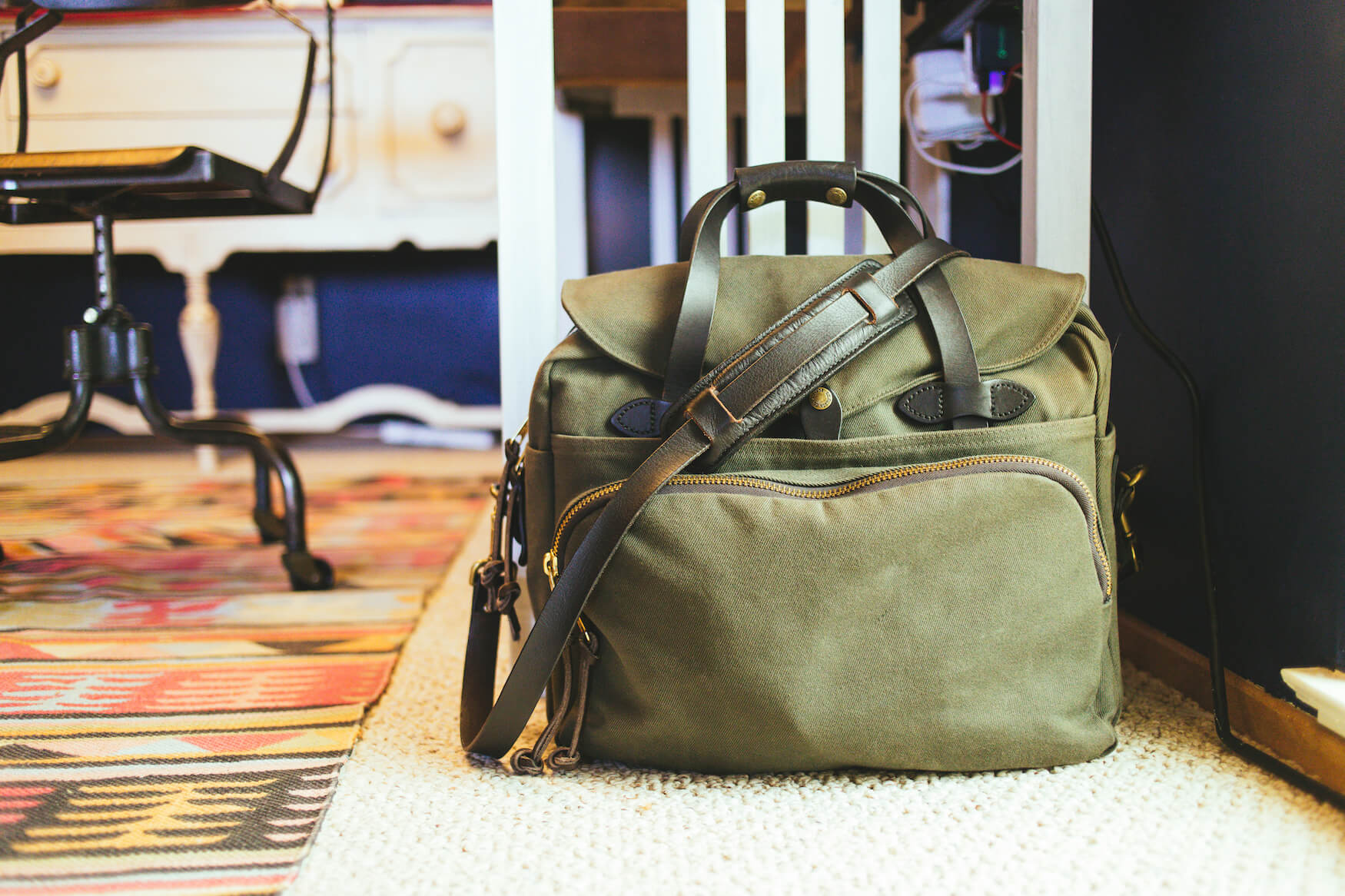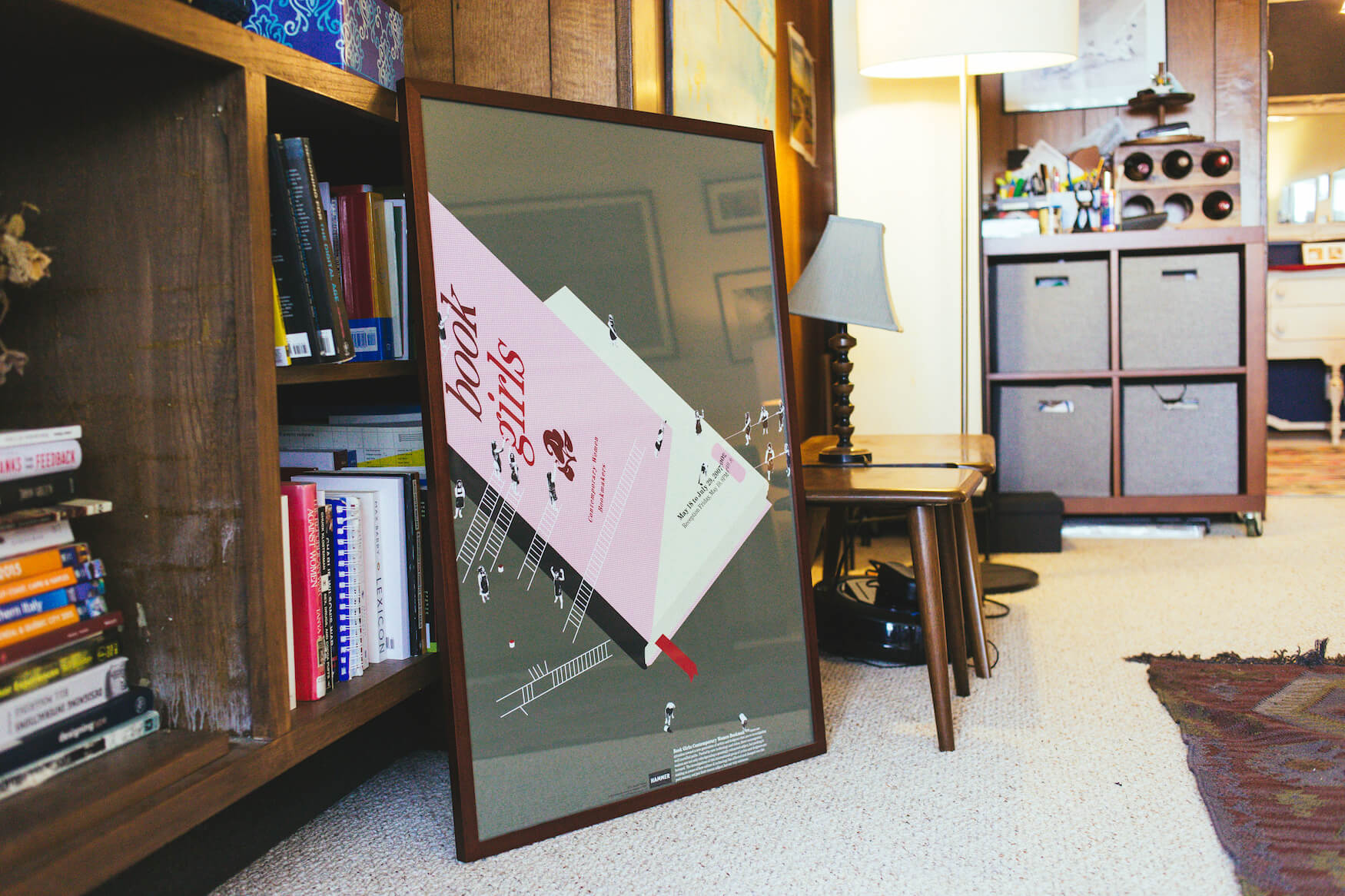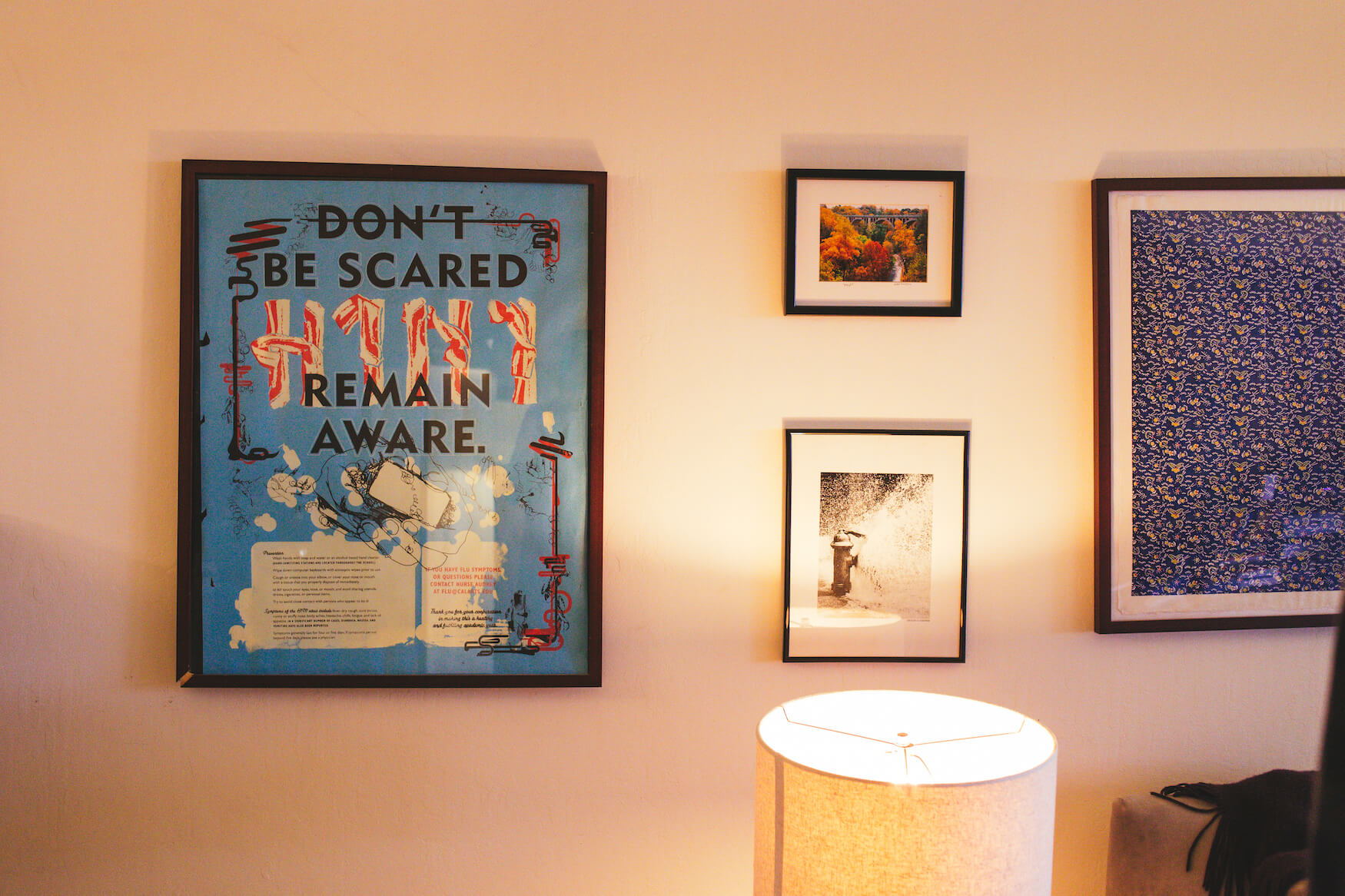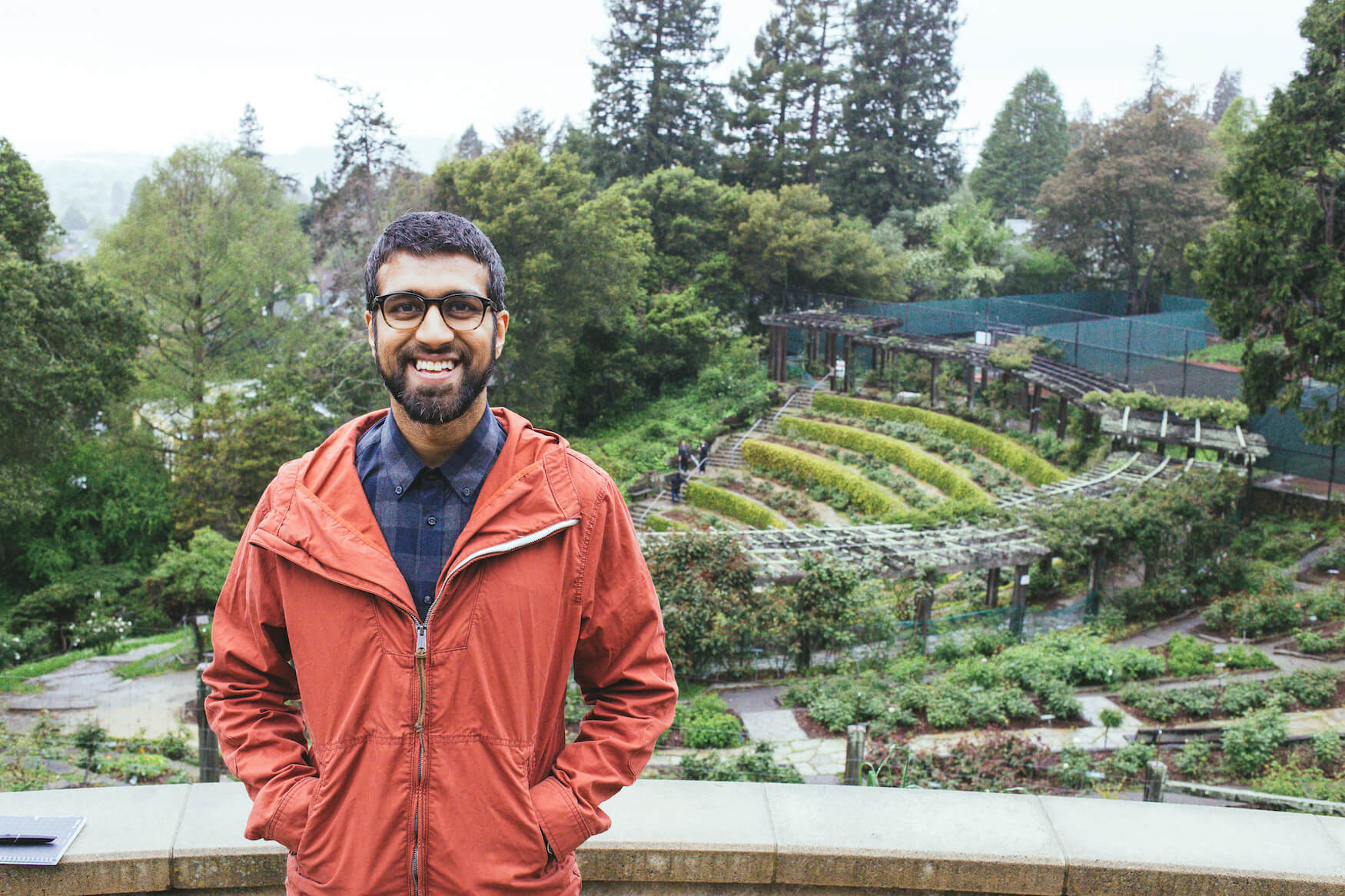“The Best Interface is No Interface” Book

I wrote an essay way back in 2012 to try get those in tech world to make something better than an addicting app that measures success based on how many clicks and taps it gets. Right now, the average teenager in the United States — who is mostly in school — looks at a screen for over 7.5 hours a day. That’s sad. That’s crazy. Adults? We’re worse off: over 8 hours a day.
While smartphone sales were ramping up, I thought no one would care about my alternate viewpoint, but I was wrong. It turned into something like a cult classic. The minority who believed in my message started inviting me to do lectures in front of big crowds around the world, and then an unsolicited offer to write this book.
I spent years on this book, hoping to show people a way to make invisible, seamless, smarter technology with no screens at all, and I’m so proud of it. I think we did a wonderful job with the book; it’s really beautiful. And due to global demand, the book has now been translated into Japanese, and is being translated in Korean and Chinese. I couldn’t be happier with it, but there is a lot of work left to do to change minds and build a better, screen-less future. The revolution is just getting underway.


Computer Pen

In today’s workplace, where nearly every office is essentially a bunch of giant monitors in rows, some people look at me funny when I spend hours with paper and pen. But sketching is at the heart and soul of the creative process. Want an original idea? Draw. When you let all the buzzing and beeping of smartphones and email go, you can just let your mind wander. It’s nice to get away from the screens and think. The thing about Livescribe, which was actually designed in Oakland just miles from where I live now, is that it is actually a computer, so everything I draw is instantly saved and can be easily shared. I love that. It’s the perfect kind of tech that just gets out of the way.


Handmade glassware

Somehow, old nerdy guys in ill-fitted jeans showing off mechanical overpriced glass rectangles to a level that Wall Street appreciates (but put a case on it or it’ll break) became revered objects at the start of this decade. The alternate rising handmade counterculture creating unique products is really a breath of fresh air. We got these beautiful, handmade glasses from Mazama in Portland. Pour some water inside, and that slight blue tint is so beautiful. Look at that. Not to mention each one has its own handmade uniqueness. There’s a human behind that. And the weight of this thing? Just perfect. Hold that. See? That’s a fucking nice object.


Minimal wallet

I’m all about less; less screens, but also just less stuff. I like Bellroy wallets because they’re tiny, minimal, tiny. And with this one, the classic out the door mantra – keys, wallet, phone, … keys, wallet, phone – becomes just phone, and well, wallet. This little guy can stuff not just a ton of cards inside but a key too. That’s great. Love this thing. One less thing to remember every day. Hopefully one day we won’t need the phones either.


Buy Now$70
Numberless Watch

This watch has no numbers, embodies a classic typographic principle of contrast through thick and thin lines, and it’s wonderfully abstract…but it’s more than all of that Swiss goodness: it’s an homage to early invisible tech. The Swiss railway clocks this watch references actually have second hands that go around in 58.5 seconds instead of 60. After 58.5 seconds they pause and send out a small radio signal to each other so that the next second is perfectly coordinated. A nice, early piece of invisible tech from the 1940s.”


Buy Now$120+
Robot Floor Cleaner

These guys are still too expensive for the mass market, but we love this thing. It sprays water, scrubs the floor, and vacuums it right up all on its own. When you’re done, you just pop this thing open and dump out the dirty water in the sink. There is a lot of fear about robots taking our jobs away and some of it is well-placed, but I’m really happy to not have to do this job (cleaning the floors) anymore.


Buy Now$600
Broken Phone

There’s a big obsession with keeping the glass and metal objects in our pockets pristine with ugly rubbery cases, but when you break a phone, it’s mark that’s uniquely yours separating from the Chinese factory it was made, and symbolizing a moment that you’ll never forget. This giant screen-shattering moment happened to me when I was in Dublin during my book tour. I absolutely won’t forget that night.


Buy Now$350
Expandable Suitcase

Got this thing when I was working at Zappos. Great company, love those guys. One of the only companies that really cares about its customers. This suitcase? Throw a bunch of shit inside, and military grade compressors make it the size of of a carry on for nearly every airplane out there. Whoa, yeah, that’s a good reaction. This fancy stuff ain’t cheap though. But, it can also fit a suit jacket and not wrinkle it inside this secret pocket. Conversely, since most airline companies don’t care about you, suit jackets can be really difficult to travel with. It’s nice to have a wrinkle-free garment bag built right in.



Buy Now$519
Filson Bag

As I’ve been doing a ton of traveling around the world for my book tour, I needed a bag that wasn’t a giant compsci hey-everyone!-i-work-at-this-startup-sorry-about-gentrification, but still could hold all my things safely and securely. This guy has a padded laptop pocket, and these really nice thick gold zippers. It’s a great combination of color and materials and is with me all the time.


Buy Now$385
My First Poster

I went to art school at CalArts, a small school the Disney family started in the 1960s to recreate a Bauhaus-like feel with all the arts under the same roof. Don Cheadle, Tim Burton, Stephen Hillenburg (creator of SpongeBob), and John Lasseter (Pixar founder) went to school there too, but obviously I’m not 1/1,000,000,000th as talented. I slept zero hours a day two days a week, and worked at least 13 hours a day (truly, not exaggerating) to try to keep up with the massive talent around me during my four years there. My first year, a teacher tapped me on the head and said, ‘Aren’t there any good ideas in there?’ Not to mention, at the end of each year, the worst students were asked to leave. 25% of our class was ejected for a variety of reasons by the time we graduated. Needless to say, I learned a lot about design very quickly in a tight community of highly talented people while I was there. This poster meant a lot to me because it was one of my first successful projects. It shows female book makers working together to assemble a project and references motifs used by some famous Dutch book designers gaining fame at the time, like Irma Bloom.


Shop Now$5+
H1N1 poster

Yeah, this. You know, back in ‘09, H1N1 was a frightening global pandemic. I kept this poster by Peter Kaplan because there’s something about largely forgotten but potentially disastrous moments in humanity that shouldn’t forgotten. Peter, who taught me a lot about typography, built the letters here out of bacon referencing the misnomer that eating healthy pork had something to do with the widespread “swine flu.” The panic, fear, and mix of accurate and misinformation of the moment met by smart people who came together and defeated the potential horrendous outcome is always a good reminder on your wall when thinking of horrible upcoming potential outcomes for humanity, like a Donald Trump presidency.


Shop Now$5+
Rose Garden Bench

In 1937, during the Great Depression, they constructed this massive, beautiful rose garden and my favorite spot to sit and think. It was just one project of a big, federally funded program to employ the unemployed by making cities more beautiful through rose gardens like this, theaters, and other things that made where we live better. I love working outside, in fact I wrote almost the entirety of my book outside. I’m thankful for these kinds of places.
View Now$0






